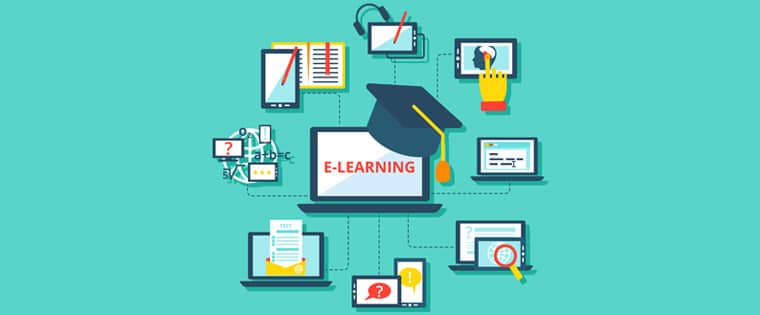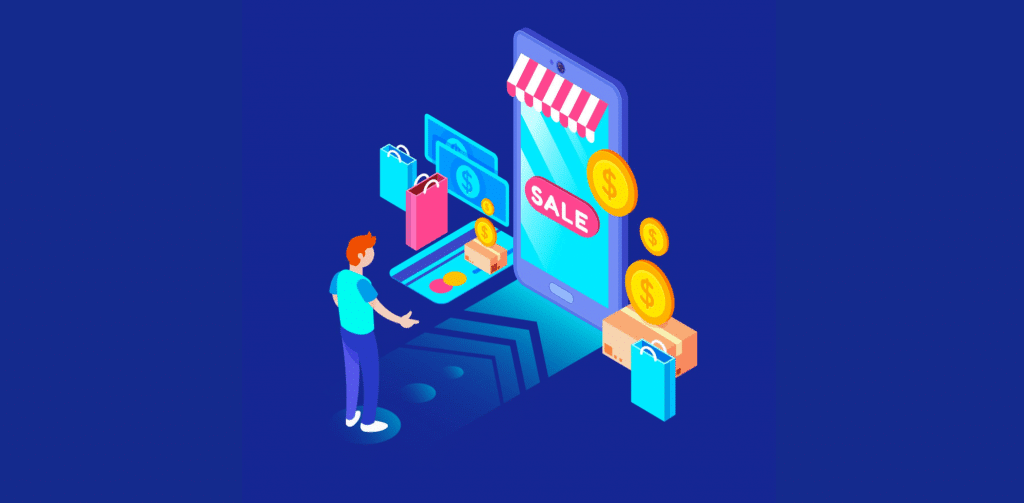When e-learning was first conceived, there were those that had concerns that removing, or at the very least, reducing the human element from the learning environment would have a negative impact on those learners that would benefit from it.
As with all things, however, technology moved forward and in such a way that made e-learning more practical and alleviated many concerns associated with it. Smartphones and tablets are much more widely acknowledged and embraced not just in the classroom but in the workplace too. For anyone who is planning on getting some training in coaching others, e-learning is the perfect alternative to a training course in person.
Virtual classrooms and colleges are able to provide future coaches with a balanced learning environment. What this means is that learners have access to a tutor at almost all times, by leaving messages, they can communicate with other students for further support and they can learn at their own pace while always having access to course material, without having to wait until ‘business hours’.
Here, we are going to look at e-learning as a whole and understand how it is beneficial for coaching training.
Types Of E-Learning To Try
There are several different forms that e-learning can take, and some may well be better than others for different students. A few of the different program styles include:
● Active learning
● Bite-size learning
● Blended learning
● Distance learning
● Online training
● Rapid e-learning
The best way of discovering which one is right for you is to decide how much time you can dedicate each day/week, can you get into a classroom or does it have to be home-based and how quickly do you need to finish the course. As a coach or a manager, you might be busy working on other aspects of your role and so don’t have time to visit a classroom during business hours.

What Are The Benefits Of E-Learning for Coaches?
The benefits of e-learning are wide-ranging, whether it is to be used exclusively or in conjunction with classroom-based learning/training. A few of the more notable benefits are as follows:
● Faster Progression – Jennifer Salopek says that in an article, she wrote for Training and Development Magazine, e-learning courses progress up to percent faster than traditional courses. This is partly because the individualized approach allows learners to skip material they already know and understand and move onto the issues they need training on. If you have been in your role for a while, you might understand some areas of coaching and don’t need to waste any time.
● Coaches can learn from any location and at any time – Learners are able to go through their course work and training sessions from anywhere they like that has an internet connection and usually at any time also. This is called JIT – Just-In-Time and can be of great benefit to those who would not otherwise have been able to take a course because of their current role as a manager or coach.
● Courses are easily and quickly updated as needed – Online learning sessions are, as you would imagine, rather easy to keep updated and modified. This is because everything is stored on a server – once the material is updated it is immediately available to everyone. CD or DVD based programs are going to be much more expensive to keep current and distribute, costs which would be transferred to the learner. Digital is by far the best way to distribute lessons and keep them up to date.
● E-learning can lead to improved retention and a better understanding of the subject matter – This is true because of the many and varied elements that can be combined within an e-learning program in order to reinforce the message being delivered. These elements can include audio, video, quizzes, interactive elements… Along with this, there is also the fact that future coaches can revisit any part of the course program or training that they need to in order ‘brush up’ or reinforce their understanding of a particular section.
● E-learning courses are easily managed for large groups of learners and students – By making use of messaging systems, and the fact that it is highly unlikely that every student will have a question, or will message at the same time, tutors can respond to each individual student more promptly and provide an almost one-to-one experience.
As you can see from the few examples outlined above, there are a lot of advantages to e-learning for coaching training. Even if potential disadvantages are considered such as loneliness, technophobia, an aversion to text-based learning, there are still many benefits to be had from a well-designed course.

Depending on your needs, you can browse a variety of coaching training courses that can help you to specialize in executive coaching, team coaching, and organizational coaching.
Made For Comfort
Not everyone is completely uncomfortable learning in large groups, so being able to log in at the learning portal from the comfort of your own home is a huge win for many people. As a coach in training, you are able to progress at your own pace, able to go back a step to make sure they understand, and all while in comfortable and familiar surroundings.
Learning in this way could be thought of as learning from a book; You can skip ahead if you already read a chapter somewhere else, or you can go back a chapter if you aren’t sure about something. With this book, however, you can watch a video demonstration, take a quiz or test and ask the author questions!
Not Everything Can Be Done Through A Screen Though, Surely?
Nothing in the world is perfect and e-learning is certainly no different. Many distance learning colleges understand this and they partner with industry professionals to make sure that all online course materials are approved and are also available to help people prepare for that all important final examination.
As a coach, you might struggle to understand how e-learning could teach you how to interact with others when you are using a computer to learn. However, you might be surprised at just how effective these courses can be.
Does E-Learning Work For Coaches?
Many would argue that it is ineffective when compared with more traditional methods, but the problem with that is many students just don’t learn the same way or they have other commitments or challenges that mean they cannot get to a classroom. It’s these students that will benefit from e-learning and for them yes, e-learning does indeed work.
After having a better understanding of e-learning, what it is and how it works, you should now have a clearer idea of what steps you should now take if further learning is for you. If you are interested in developing your coaching skills, then you should make sure to find the right course for you online. Once you get started, you’ll realise just how effective this can be and you won’t have to give up your current role or your team as you learn. Becoming a coach is incredibly rewarding and what better way to learn than through advancements in technology?













Leave a Reply